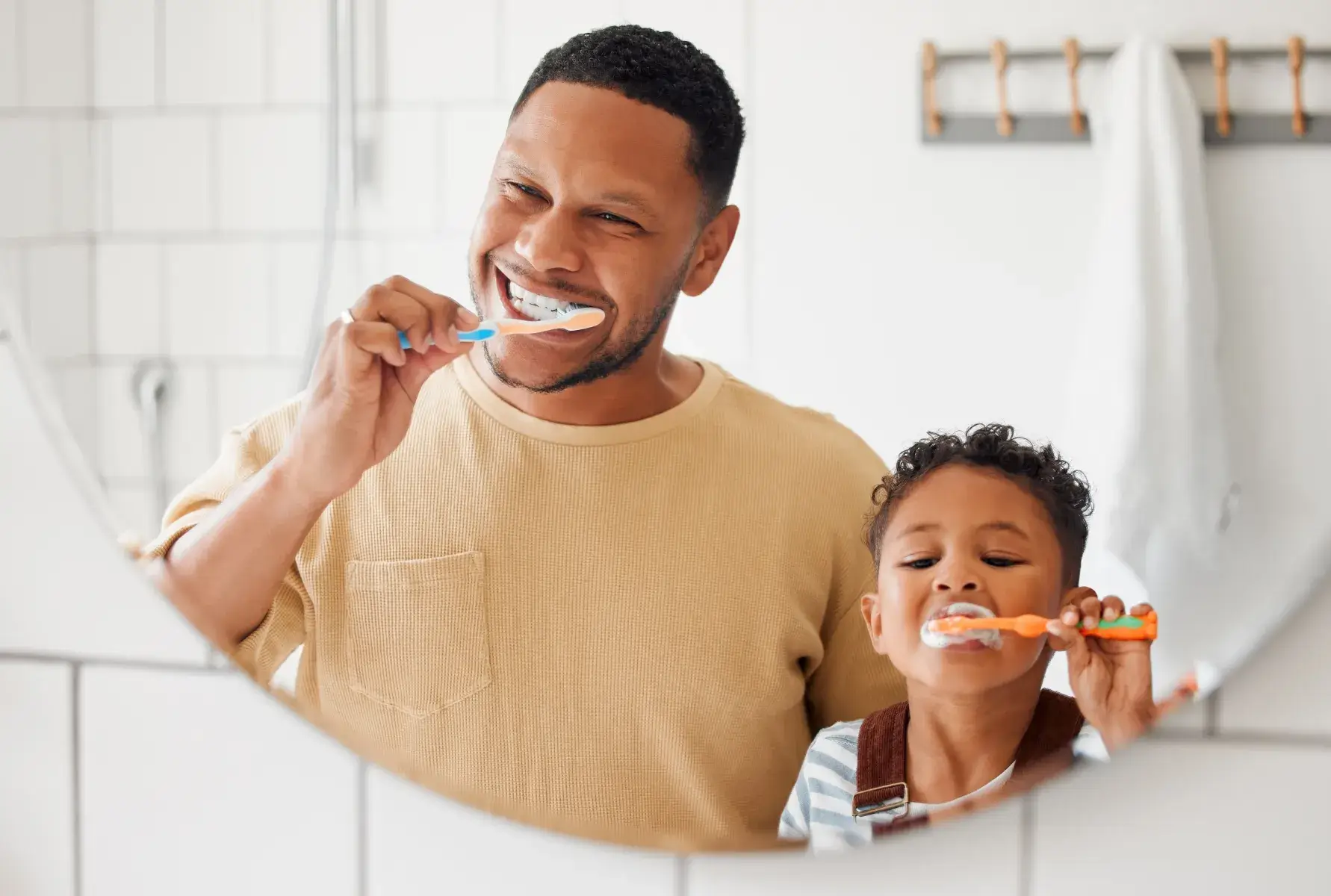Why People Love Hampstead Pediatric Dentistry
The Only Pediatric Dental Office in Pender County

We're Parents Too
Dr. Hayes puts it perfectly: "I see every patient through the lens of my own experience as a Mom. I always ask myself, 'what would I want someone to do in this situation?'" Both doctors understand that being a parent is hard, and they bring that empathy to every interaction.
No Cookie-Cutter Solutions
Dr. Knockum can't expect a three-year-old to sit for three cavity fillings the same way an older child might. We have two children with the same issue—one might need sedation to feel comfortable, while the other only needs some numbing gel. We meet each child where they're at.
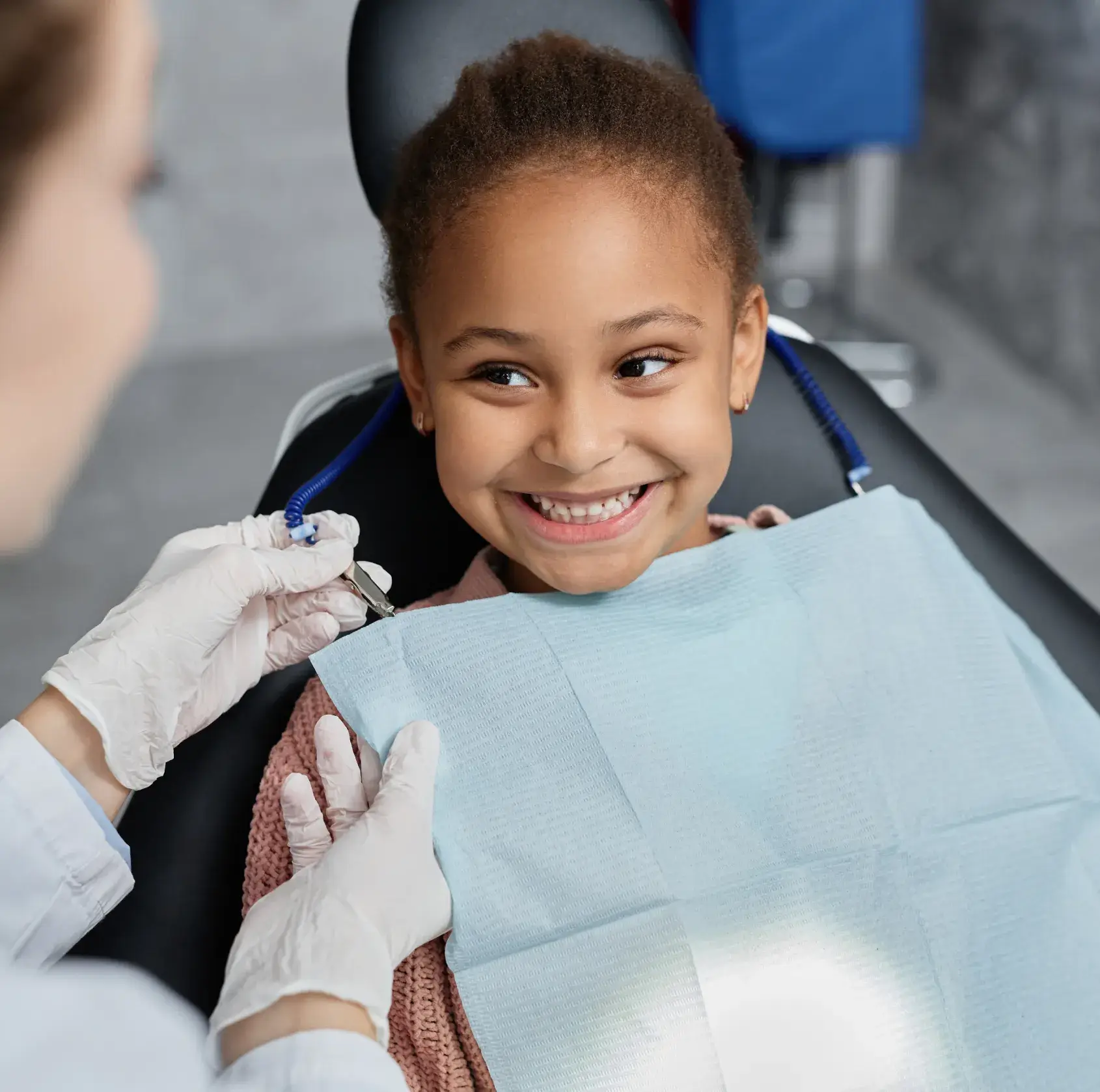

A True No-Judge Zone
Dr. Hayes calls our practice a "no-judge zone" because every child has a unique way of expressing their feelings. Sometimes that means things get animated—and that's perfectly okay in a pediatric dental office. This philosophy especially matters for families dealing with special needs, behavioral challenges, or children who have had difficult dental experiences elsewhere.
When Should Your Child Start Seeing the Dentist?
The American Academy of Pediatric Dentistry recommends your child's first visit by age one or within six months of their first tooth appearing. But here's what makes us different: that first visit isn't about treatment—it's about getting to know your child and your family. Dr. Knockum explains: "You need a deep understanding of each child's limitations, and you can't tell just by looking at them—you need to invest adequate time getting to know them." That's why we start every appointment by talking with parents first, understanding your child's personality, any concerns you have, and what helps them feel comfortable.
Care for Every Stage of Life
Infants (6 months and up)
We start building healthy habits from the very beginning. Dr. Knockum believes in "building good habits from birth," which includes teaching parents how to care for their baby's teeth, when to stop certain habits like pacifier use, and what to do if your infant has natal teeth. These early visits help establish a positive relationship with dental care that lasts a lifetime.
Toddlers (1-3 years old)
This is where Dr. Hayes' gift for understanding child development really shines. For children in what she calls the "imaginative phase," we use language that makes sense to them—talking about "sugar bugs" instead of plaque or giving a "mosquito kiss" instead of an injection. We work at their pace, sometimes in 10-second increments if that's what helps them feel secure.
School-Age Children (4-12 years old)
As kids get older, we shift our communication style. Dr. Hayes explains: "I try to explain to my young patients how bacteria can affect their teeth. I will say things like, 'This is disease,' which is very different from telling them to remember to brush their teeth." We want children to understand why good habits matter, not just what to do.
Teenagers (13-21 years old)
We treat teens like the young adults they're becoming. Dr. Hayes asks them directly about their concerns because she wants them "to feel like they're part of what's going on." We provide straight talk about oral health while respecting their growing independence and involving them in treatment decisions.
Special Needs Dentistry
We understand that for families with special needs children, even the most basic routines can be incredibly challenging. Dr. Hayes works closely with parents to create oral care routines within each child's level of ability and comfort. "For the parents of special needs children, the most basic routine can be incredibly challenging. I work with them to create an oral care routine within their child's level of ability and comfort."
Dr. Knockum's experience at Children's Hospital of Wisconsin prepared him for this important work: "During my residency, I saw a lot of kids who had fallen through the cracks. I also worked with children who were coping with serious illnesses—from those with special needs to those suffering from cancer and autoimmune diseases. You often see these extreme cases at the hospital because no one else is willing to take them as patients."
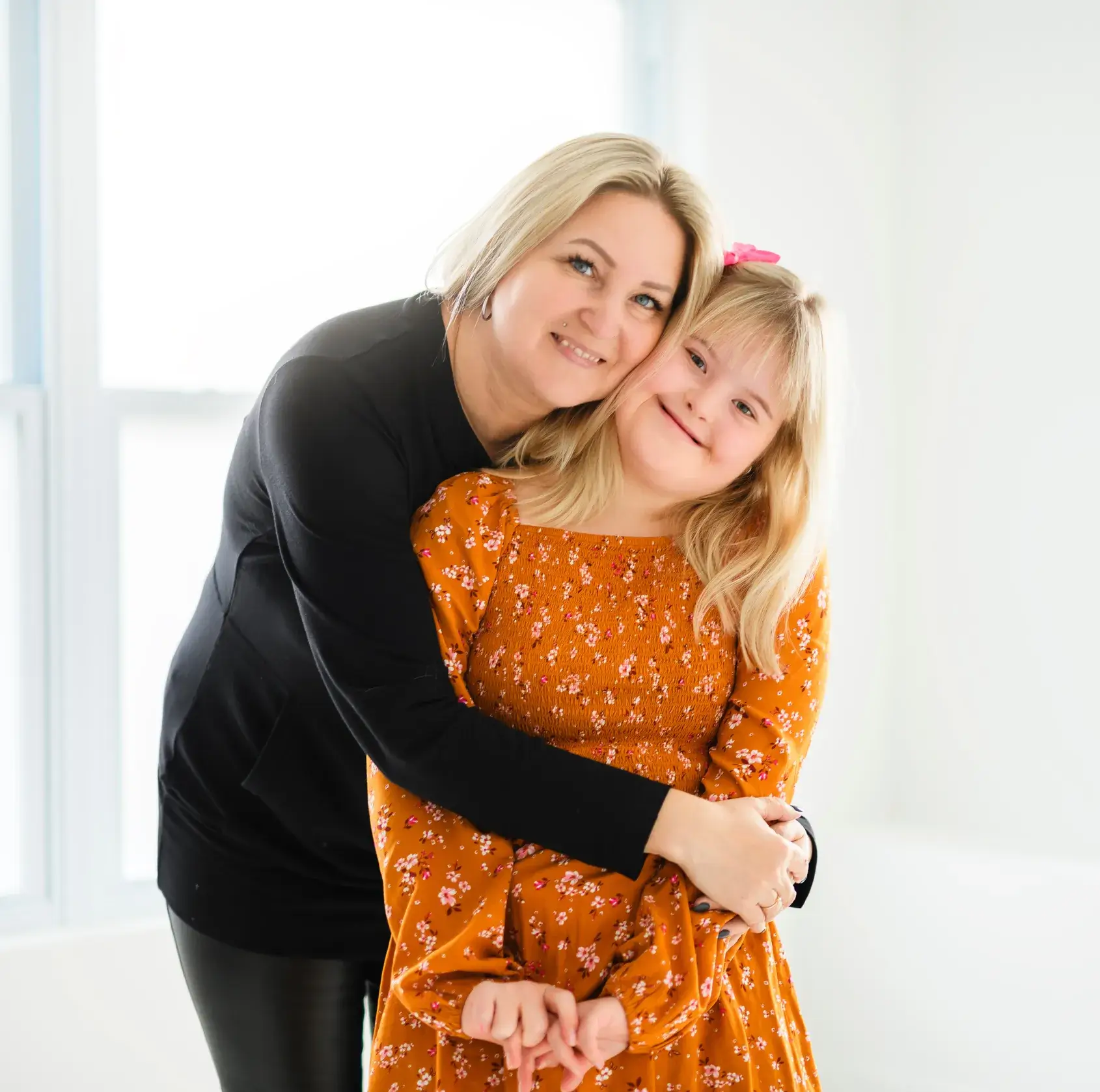
Our Approach to Special Needs Care
- We take extra time to understand your child's specific needs and triggers
- We modify our environment and techniques to accommodate sensory sensitivities
- We work with parents to develop home care routines that actually work for your family
- We offer flexible sedation options when needed for comfort and safety
- We coordinate with your child's other healthcare providers when appropriate
"As a dentist, I believe no child should go without care," says Dr. Knockum. "My experience as a resident made me comfortable working with special needs kids because I was exposed to such a diverse spectrum of cases. You learn to make the patient feel comfortable, but also the parent."
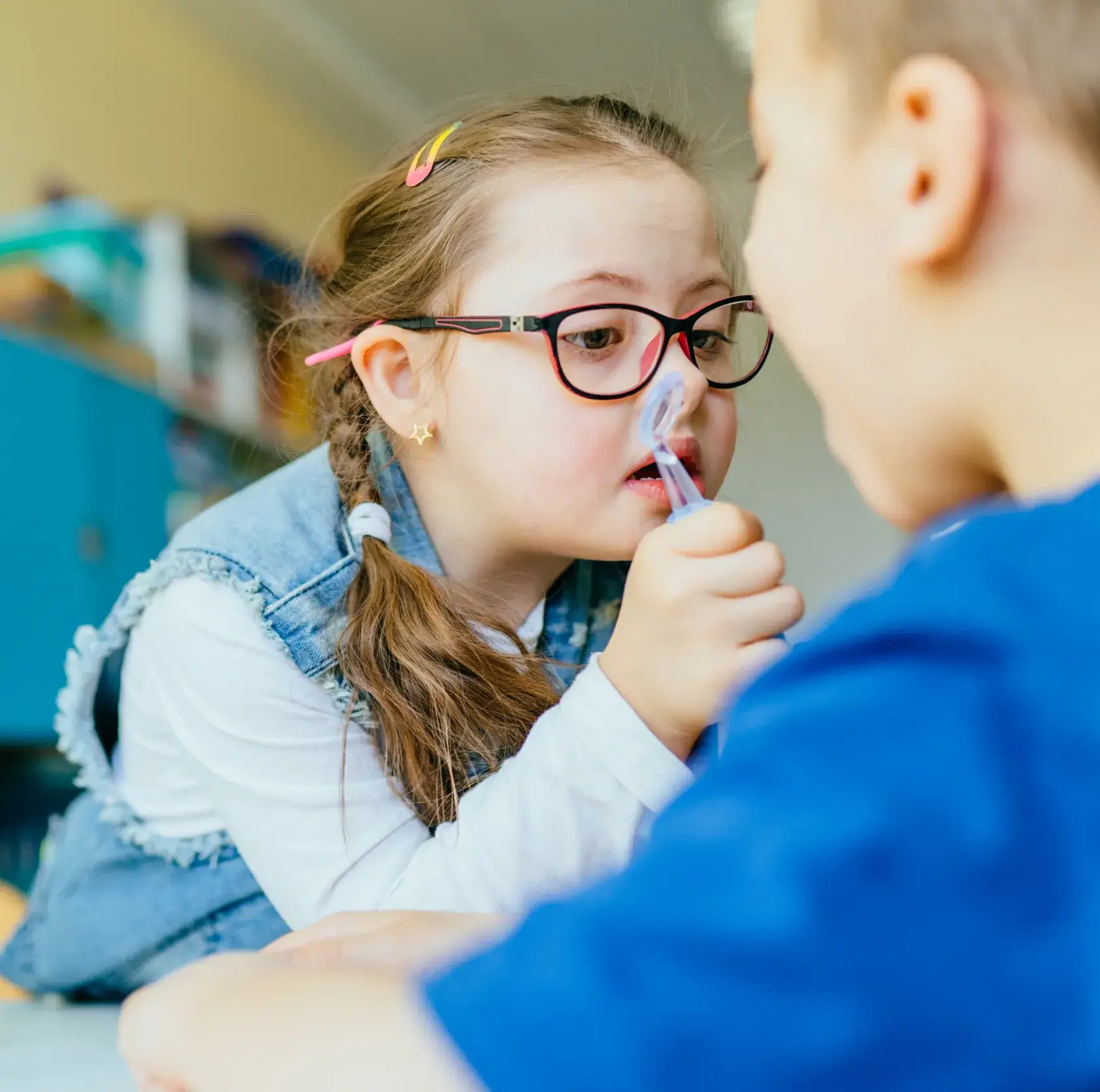
Meet Our Experienced Doctors
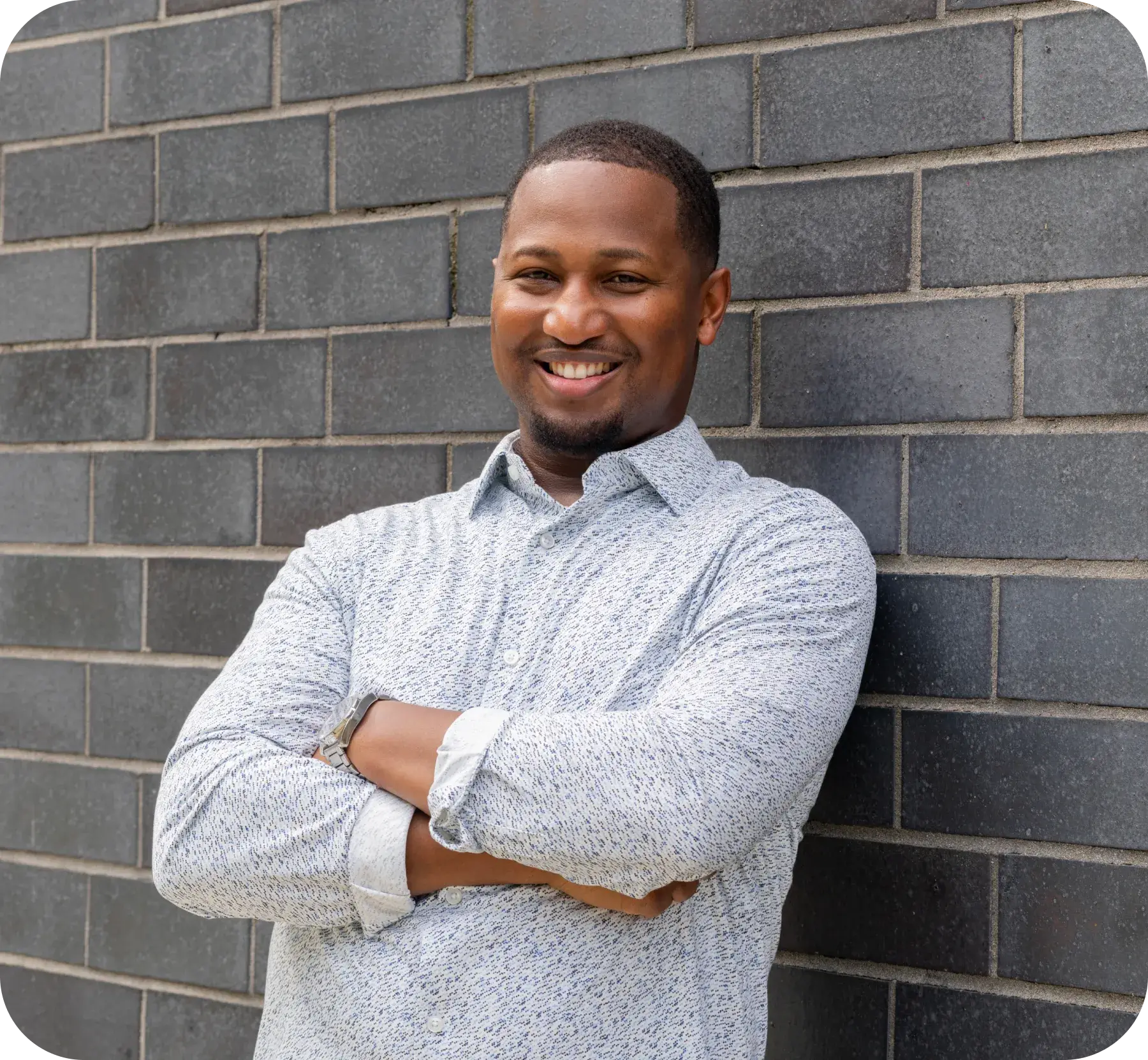
Dr. Brandon Knockum
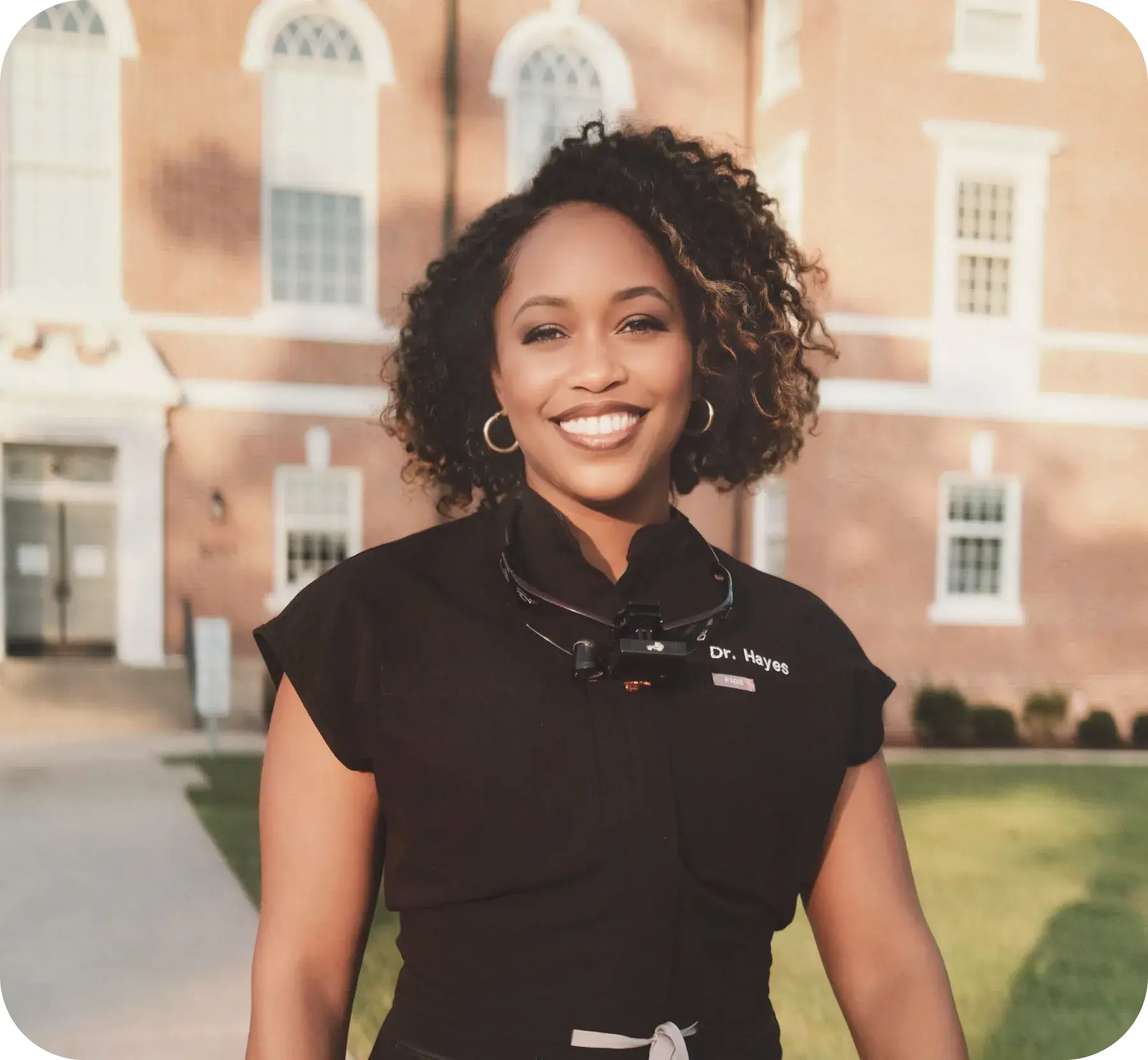
Dr. Crystal Hayes

Our Comprehensive Pediatric Services
Sealants
We protect those hard-to-reach back teeth where cavities love to hide, especially important as permanent molars come in.
Crowns
When a tooth needs extra protection, our pediatric crowns restore function while keeping your child's smile looking natural.
Fluoride Applications
Professional fluoride treatments that strengthen teeth and help prevent cavities—sometimes we can even use these to slow decay in very young children until they're ready for more extensive treatment.
Emergency Dentistry
Accidents happen, and when they do, we're here with same-day appointments to get your child out of pain and back to being a kid.
Fillings
Gentle, tooth-colored restorations that fix cavities while preserving your child's natural smile.
Phase 1 Orthodontics
Early intervention for younger children that can guide proper jaw development and sometimes prevent the need for more extensive treatment later.
Sedation Options for Comfortable Care
Laughing Gas
Perfect for mild anxiety and helps children stay relaxed during procedures.
Oral Sedation
For children who need deeper relaxation, we offer safe oral medications.
General Anesthesia
When extensive work is needed or for children who can't tolerate awake procedures, we provide hospital-level anesthesia with continuous monitoring.

Why People Love Hampstead Pediatric Dentistry
Care Close to Home
Trusted Expertise
13 and 15 years of experience treating everyone from infants to special needs children with patience and understanding.Individual Approach
Family-Centered Experience
Frequently Asked Questions
How can I help my child develop good oral hygiene habits at home?
We love teaching parents how to build healthy habits from birth. For babies, gently clean gums with a soft cloth. Once teeth appear, use a soft-bristled toothbrush with fluoride toothpaste (rice grain-sized amount for under 3, pea-sized for older kids). Make it fun, supervise brushing until they're around 8 years old, and remember—as Dr. Hayes says, "Nobody wants to live life without candy, but it's all about helping them make better choices about frequency and what kind of candy."
Do you accept dental insurance?
Yes, we work with most major dental insurance plans and will verify your benefits before your appointment. We also offer flexible payment options including cash, credit cards, and third-party financing to make care accessible for every family. We'll provide clear cost estimates upfront so there are no surprises.
When do children typically lose their baby teeth?
Most children start losing baby teeth around age 6, beginning with the front bottom teeth. The process usually continues until about age 12-13. Every child is different though, so don't worry if your child is a little early or late. We'll monitor their development and let you know if there are any concerns.
How can I prepare my child for their first visit?
Keep it simple and positive. We recommend scheduling morning appointments when children are well-rested. You can let them know they're going to meet friendly dentists who want to help keep their teeth healthy, but avoid using scary words or sharing your own dental fears. Our office has plenty of distractions like Netflix and video games to help them feel comfortable.
What makes a pediatric dentist different from a regular dentist?
Pediatric dentists complete an additional 2-3 years of specialized training focused entirely on children's dental development, behavior management, and unique treatment needs. We understand child psychology and know how to communicate with kids at every developmental stage—from using "sugar bugs" language with toddlers to having straight conversations about oral health with teenagers.
Do you provide care for children with special needs?
Absolutely. Dr. Knockum's hospital training exposed him to children with complex medical conditions, and both doctors believe no child should go without dental care. We work closely with families to create treatment plans within each child's abilities and comfort level, and we coordinate with other healthcare providers when needed.
When should my child first see the dentist?
The American Academy of Pediatric Dentistry recommends your child's first visit by their first birthday or within six months of their first tooth appearing. But don't worry if you've missed that window—we're here to help whenever you're ready. That first visit is really about getting to know your child and teaching you how to care for their teeth at home.
How do you handle children who are scared or anxious?
We start by talking with you about your child's personality and any concerns they might have. Some kids need to work in 10-second increments, others need consistent breaks, and some just need to know exactly what's coming next through our "Tell, Show, Do" approach. We also offer sedation options when needed.
What should I do if my child has a dental emergency?
Call us right away—we offer same-day emergency appointments for dental injuries, severe toothaches, or other urgent situations. Whether your child chips a tooth at the playground or wakes up with severe pain, we're here to help get them comfortable and back to being a kid.
How often does my child need dental checkups?
Most children should visit us every six months for routine cleanings and checkups. However, some kids might need to come more frequently if they're cavity-prone or have other oral health concerns. We'll work with you to determine the right schedule for your child's individual needs.
Insurance Accepted
Payment Options










